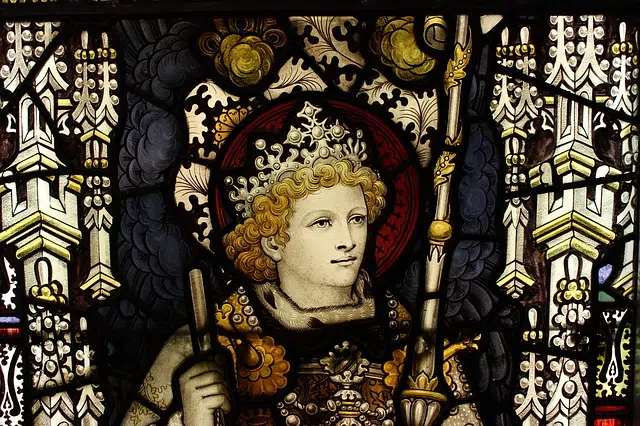
Elizabeth II of the United Kingdom, an icon of parliamentary monarchism
Monarchism is the movement that aims to defend or restore a monarchy . Monarchy , meanwhile, is the form of government where the head of the State is in the hands of a person (the king) who inherited power and can transmit it in the same way.
Parliamentary monarchism
Just as there are different types of monarchies, it is also possible to recognize different types of monarchism. Parliamentary monarchism , for example, promotes a system in which the monarch maintains symbolic power, while real or factual power rests with Parliament .
This type of monarchism, which is what can be seen today in the United Kingdom, Spain, Sweden or Japan, is one of the most attacked by detractors of monarchism, precisely because its presence does not have great relevance in the decisions of the nation.
constitutional monarchism
Constitutional monarchism , for its part, advocates a state organization where the Executive Branch has the king as the main responsible and the Legislative Branch , Parliament .
In the case of the more moderate sector, the proposal is that the king be in charge of very important executive powers in the hands of the Government, with the support of Parliament, to the point of achieving sovereignty that can be shared by the monarch and the citizens ( the latter, with the representation of the political figures that emerge from the democratic elections).
elective monarchism
In the case of elective monarchism , it supports a monarchy that is characterized by the election of the sovereign through a vote. It is not a democracy since both candidates and voters meet some special requirement, belong to an establishment or are part of a body with restricted access.
Today, we can find this type of monarchism in few parts of the world, more specifically in the Vatican City, in Malaysia, in Cambodia, in the Independent State of Samoa, in the United Arab Emirates and in the Sovereign Order of Malta. . Throughout history , on the other hand, examples included Ancient Greece, Ancient Rome, the Aztec Empire, Costa Rica, Spain, Haiti, Hungary, Poland, and the Germanic Kingdoms, among others.
Absolutist monarchism
Supporters of absolutist monarchism are those who want the king to assume control of all public powers without limitations. Parliament and the Constitution , in this framework, do not exist or do not fulfill the functions that characterize a democratic regime.
Needless to say, this is a very dangerous idea, since it gives too much power to one person. Although in the examples of absolutist monarchism that exist in history there have been different limits, in practice each monarch adjusted them to their own interests. Nowadays it is very difficult to find this system of government , as well as its supporters, since we find ourselves in an era that defends above all the freedom and rights of the individual. They exist almost exclusively in some Arab countries and Africa.

Although monarchism is associated with the past, it still survives in some countries
Nowadays
It is important to note that, currently, monarchism is a minority trend with little political impact. On the contrary, the current that promotes the abolition of monarchies is more popular.
In some countries the monarchy is maintained for reasons that are related to tradition, and this generates two opposing opinions : on the one hand there are those who feel a fascination with royalty and are happy that these figures are still present; On the other hand, there are many who point out the absurdity of the economic investment that comes with the existence of monarchs who do not govern but simply appear to be part of a historical exhibition.
